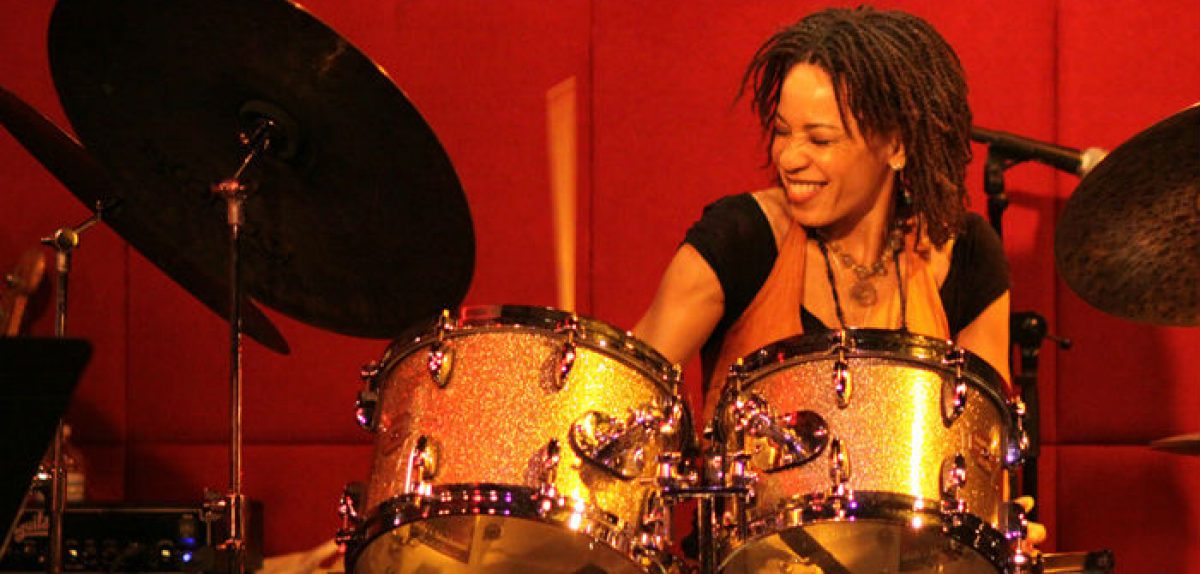The first-ever independent research into inclusion and diversity within the electronic music industry was presented by Sarah Hildering and Samatha Warren at this year’s Amsterdam Dance Event. The intention is to present research into diversity and inclusion annually and compare annual results to see how the balance and equality in the music industry are progressing. Though a lot of previous research has focused on live music, what happens behind closed doors is rarely highlighted. The presented research focuses on the distribution, publishing, and recording sectors of the music industry. It clearly demonstrates how the gender imbalance in the music industry is present: it addresses the percentage of women in organizations, minority experiences in the workplace, fair pay, bullying, harassment, and whether people feel taken seriously for the job they perform. Moreover, the first global Code of Conduct was introduced for music professionals and companies to adopt. This Code of Conduct offers guidance in raising the standards and eventually aims to eliminate discrimination, imbalance, bullying, and harassment in the music industry.
Month: December 2019
CFP: Women Are not Born to Compose
On 27-29 November 2020, a conference aiming to investigate the music and the role of women composers from 1750 to 1950 will take place in Lucca, Italy. The program committee welcomes papers including, but not limited to:
-
- Gender and genre: women composers and musical genres
- Women composers’ impact on the development of musical forms and genres
- Analytical and hermeneutic approaches to women’s music
- Virtuosity
- Women composers and their self-belief in the context of contemporary views on female creativity
- Reflections on women composers’ position in the history of music
- The critical reception of women’s works
- ‘Heroines of the Risorgimento’: music as a means of conveying patriotic and liberal ideals in women’s works
- Social expectations and possibilities of professional training for women composers
- Women composers’ writings about their music (and that of others)
- How has the social status of women composers been changing along with the transformation of the socio-cultural context?
The keynotes will be given by Mariateresa Storino and Susan Wollenberg.
The submission deadline is 5 April 2020.
